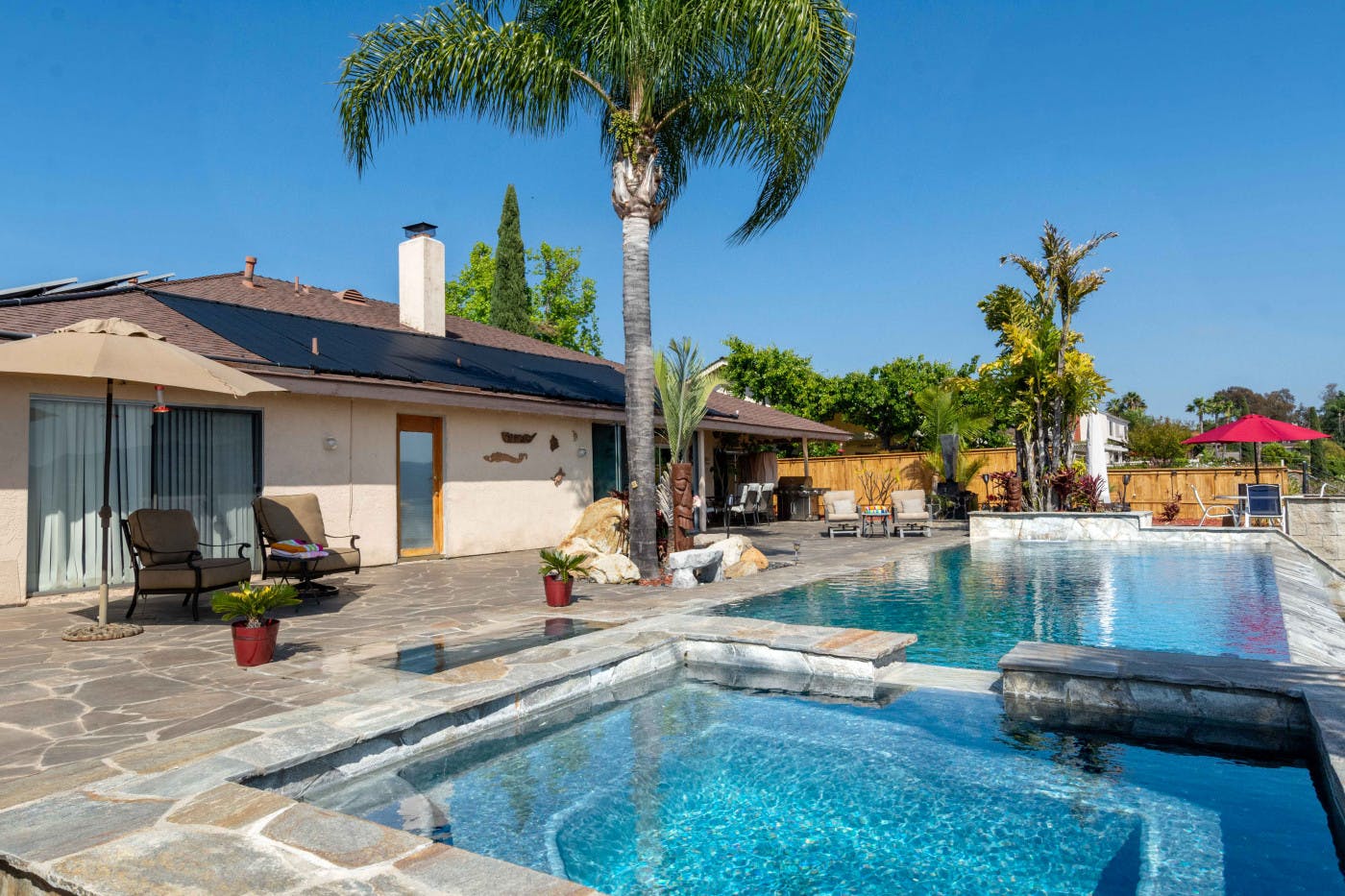
How Much Does an Inground Pool Cost in 2023?
Share
When it comes to backyard transformations, one of the most exciting additions is an inground pool. For tech professionals and enthusiasts, the allure of intelligent home systems seamlessly integrated with your pool is particularly fascinating. However, the question remains: how much does an inground pool cost? In this extensive guide, we will dive deep into the current pricing structure, influencing factors, and additional costs associated with owning an inground pool.

Understanding the Basics of Inground Pool Costs
Inground pools can vary significantly in price depending on several factors, including materials, design, and location. On average, homeowners can expect to spend anywhere from $35,000 to $75,000 for the complete installation of an inground pool. But these figures can fluctuate based on choices and unforeseen expenses that may arise during the construction phase.
Factors Influencing Inground Pool Pricing
The cost of an inground pool is widely variable and largely dependent on the following factors:
- Type of Pool: Concrete, fiberglass, or vinyl. Each comes with its own price tag.
- Location: Your local real estate market can drive costs up or down.
- Permitting and Site Preparation: Including excavation and land grading.
- Additional Features: Lighting, heating, fountains, etc.
- Labor Costs: Depending on the contractor you choose.

Breakdown of Pool Types and Costs
It's essential to analyze the different types of pools available and what pricing each type usually attracts:
1. Concrete Pools
Considered the most durable option, concrete pools can be customized to fit any shape or size. However, they also incur the highest costs, generally ranging from $50,000 to $100,000. Additionally, maintenance costs tend to be higher due to necessary resurfacing every 10 to 15 years.
2. Fiberglass Pools
These pools come in pre-formed shapes, making them easier to install and typically costing between $30,000 and $65,000. They require less maintenance than concrete pools and generally have a lifespan of over 25 years.
3. Vinyl Pools
Vinyl pools are generally the least expensive option, falling within the range of $25,000 to $50,000. Although they are less durable, they can be a more budget-friendly choice for families looking to add a pool.

Additional Costs to Consider
While the initial cost of a pool is important, there are additional factors to keep in mind:
- Maintenance Costs: Regular upkeep can range from $1,200 to $2,500 per year.
- Utilities: Water and electricity bills can increase significantly.
- Insurance Costs: Homeowners may see increases in their homeowner's insurance.

Financing Your Inground Pool
Financing options are available if shelling out the entire cost upfront isn't feasible. Here are some options you can consider:
- Home Equity Loans: Often used by homeowners to leverage their propertys value.
- Personal Loans: A simpler route that could have less stringent terms.
- Pool Financing Programs: Offered by many contractors.
Smart Home Integration and Pool Technology
As a tech enthusiast, the ability to seamlessly integrate your inground pool with smart home technology can elevate the experience. Various systems exist that allow you to control the temperature, lights, and even the cleaning from your smartphone. A smart pool automation system typically costs an extra $1,500 to $5,000 but can be worth the investment.
Pool Maintenance in the Tech Era
How to maintain an inground pool has shifted dramatically in the digital age. Smart technology allows for automatic cleaning systems and chemical dispensers to keep your pool at optimal conditions with minimal effort. For more details on pool maintenance, check out this article on cleaning a pool.
Does an Inground Pool Add Value to Your Home?
It's a common question: does an inground pool increase your homes value? The answer can be somewhat ambiguous. In general, a well-maintained pool can increase the property value by approximately 5 to 10 percent, but this also depends on various factors including the local market and personal buyer preferences. You can read a detailed analysis on this subject by visitinghow pools increase home value.
Concluding Thoughts
Ultimately, the decision to install an inground pool should align with your lifestyle and financial situation. If you can manage the costs and maintenance, it can be a wonderful investment that offers leisure, exercise, and a remarkable backyard experience. If you are thinking about installing a pool, ensure that you gather multiple estimates and weigh the pros and cons.
Frequently Asked Questions about Inground Pool Costs
- What is the average lifespan of an inground pool? Most inground pools, especially fiberglass, can last over 25 years with proper maintenance.
- Do I need a fence around my inground pool? Yes, many local regulations require pools to be enclosed by a fence for safety.
- What additional features can I add to my pool? You can add heating systems, lighting, and even smart home technology for a more modern experience.
As an Amazon Associate, I earn from qualifying purchases.
